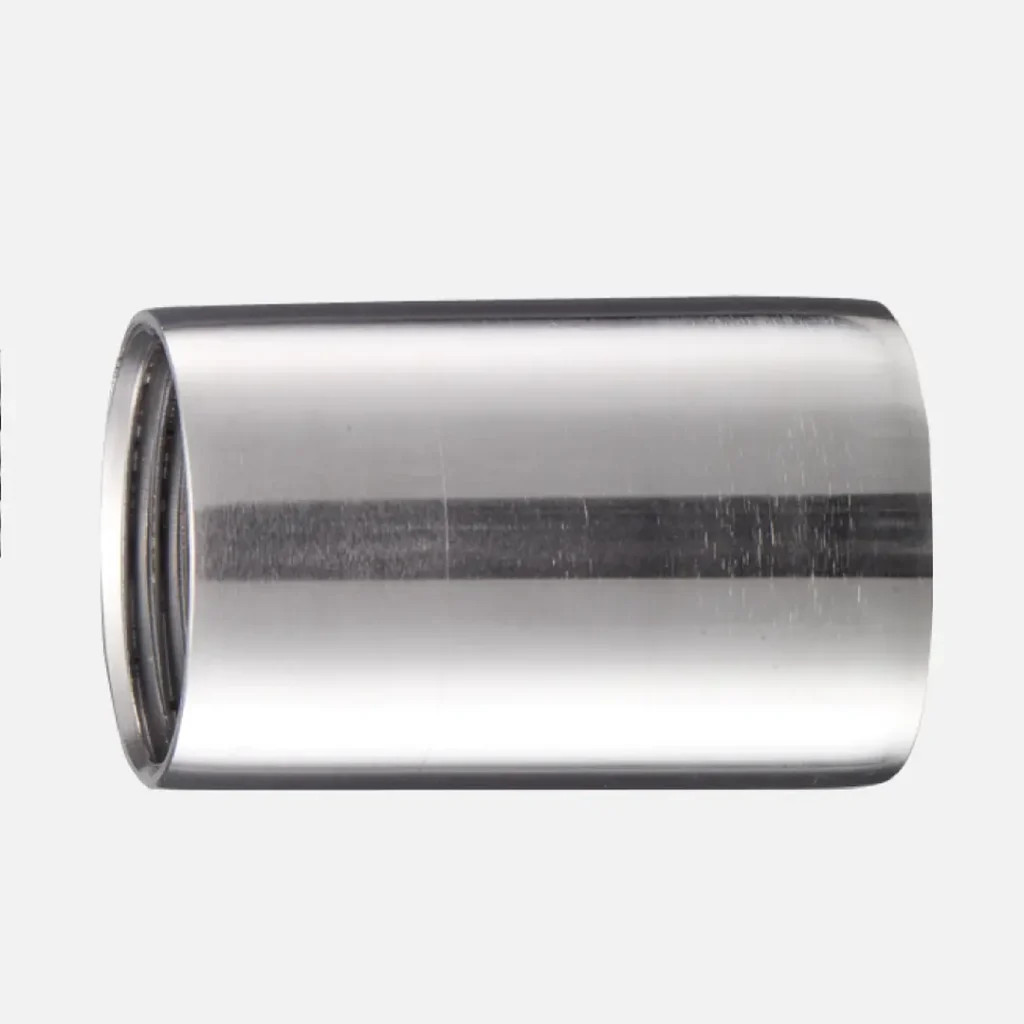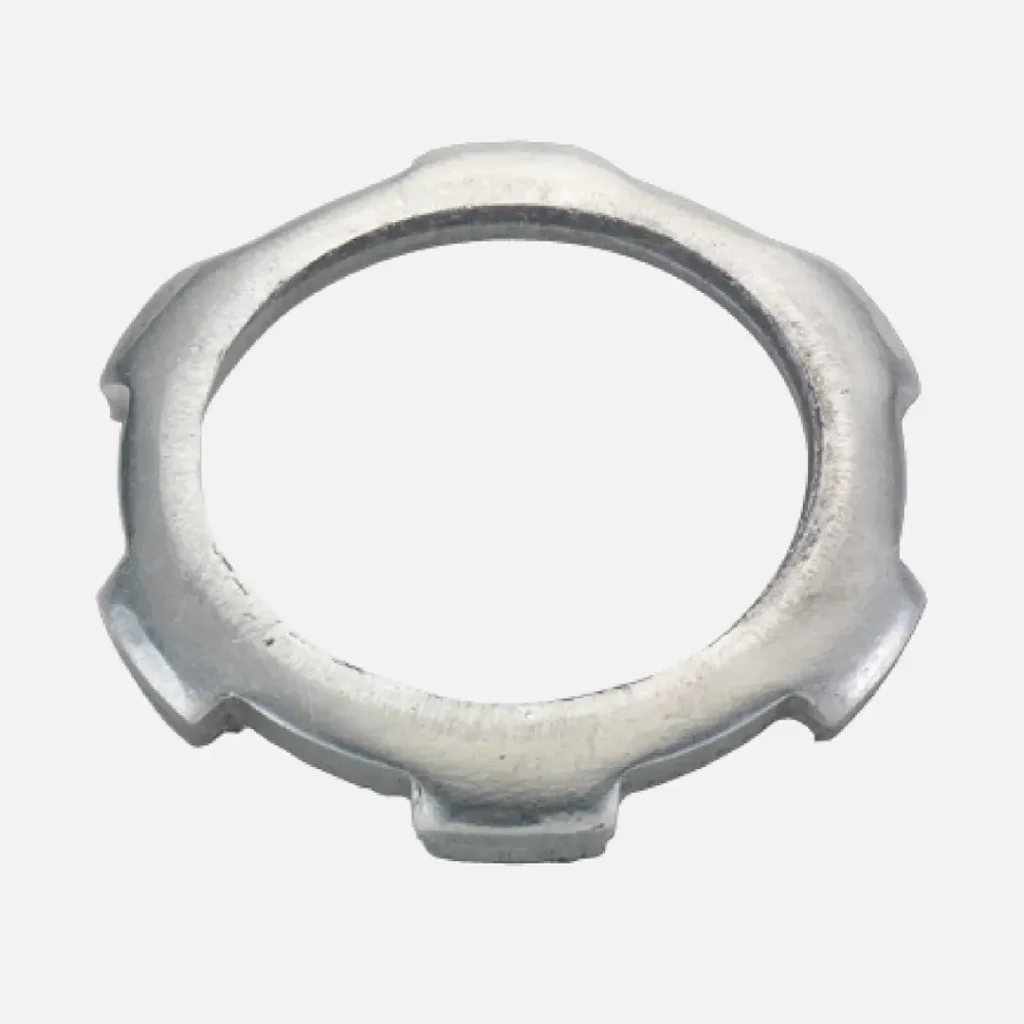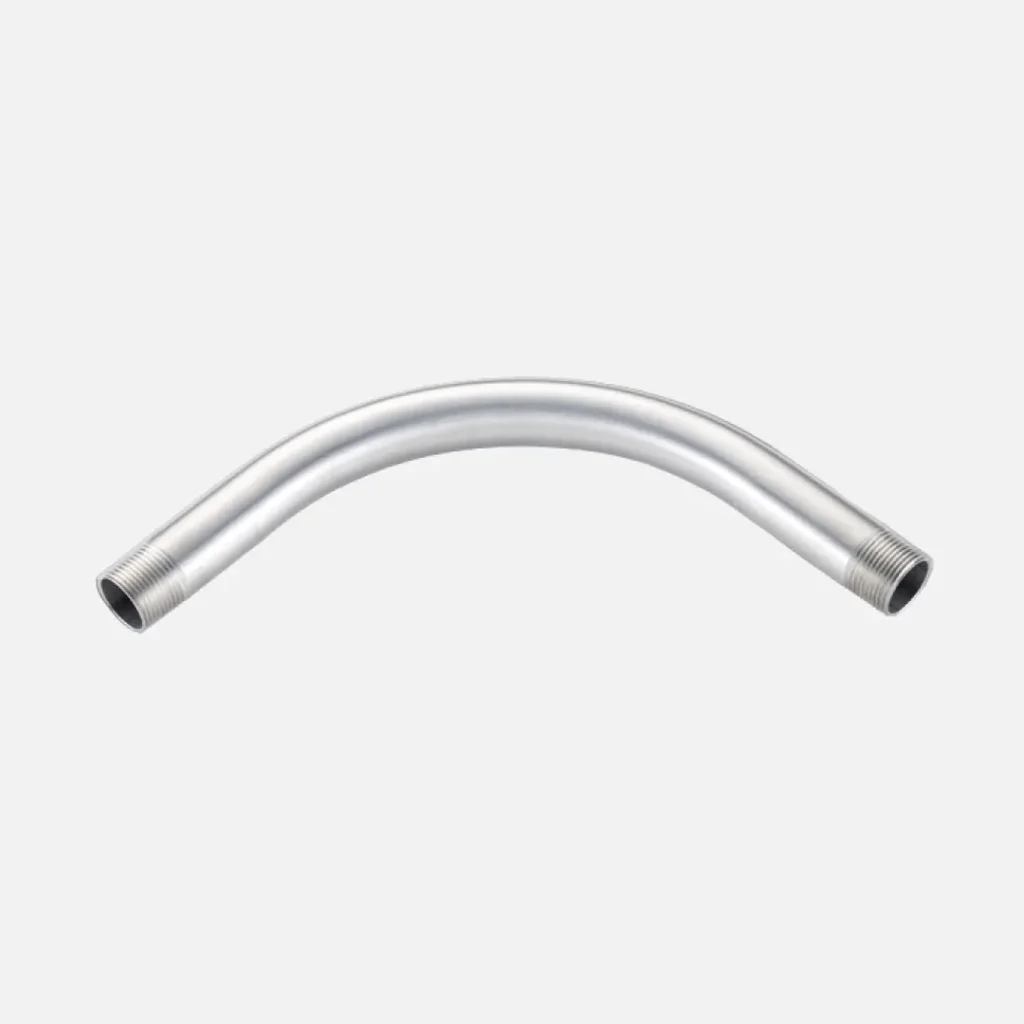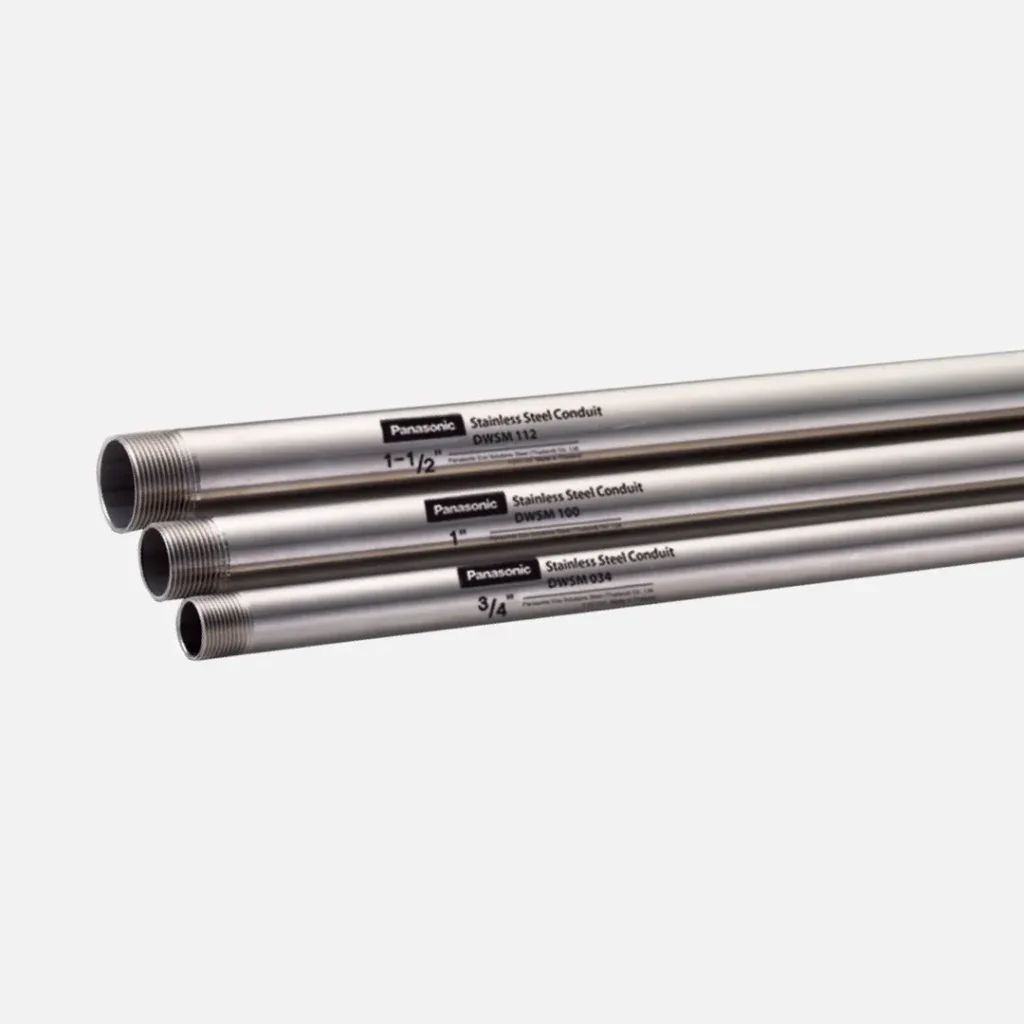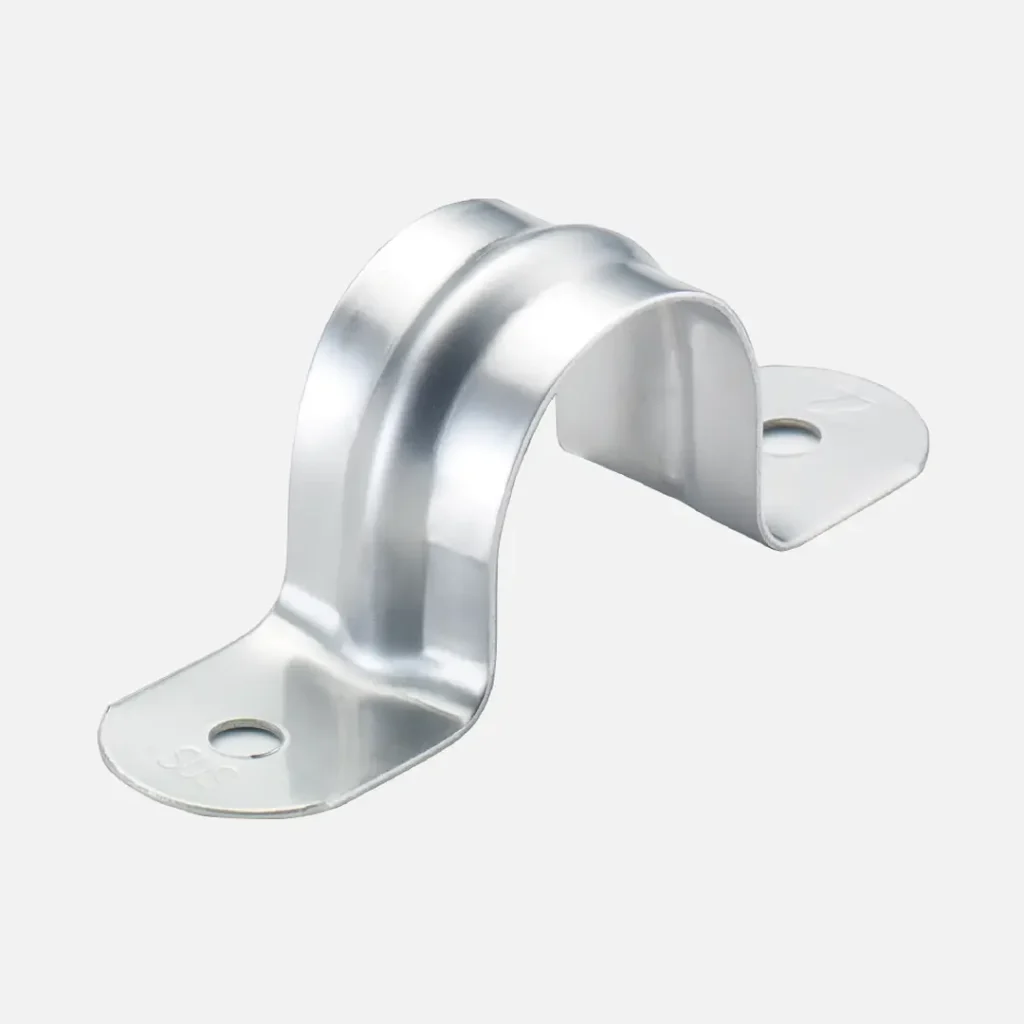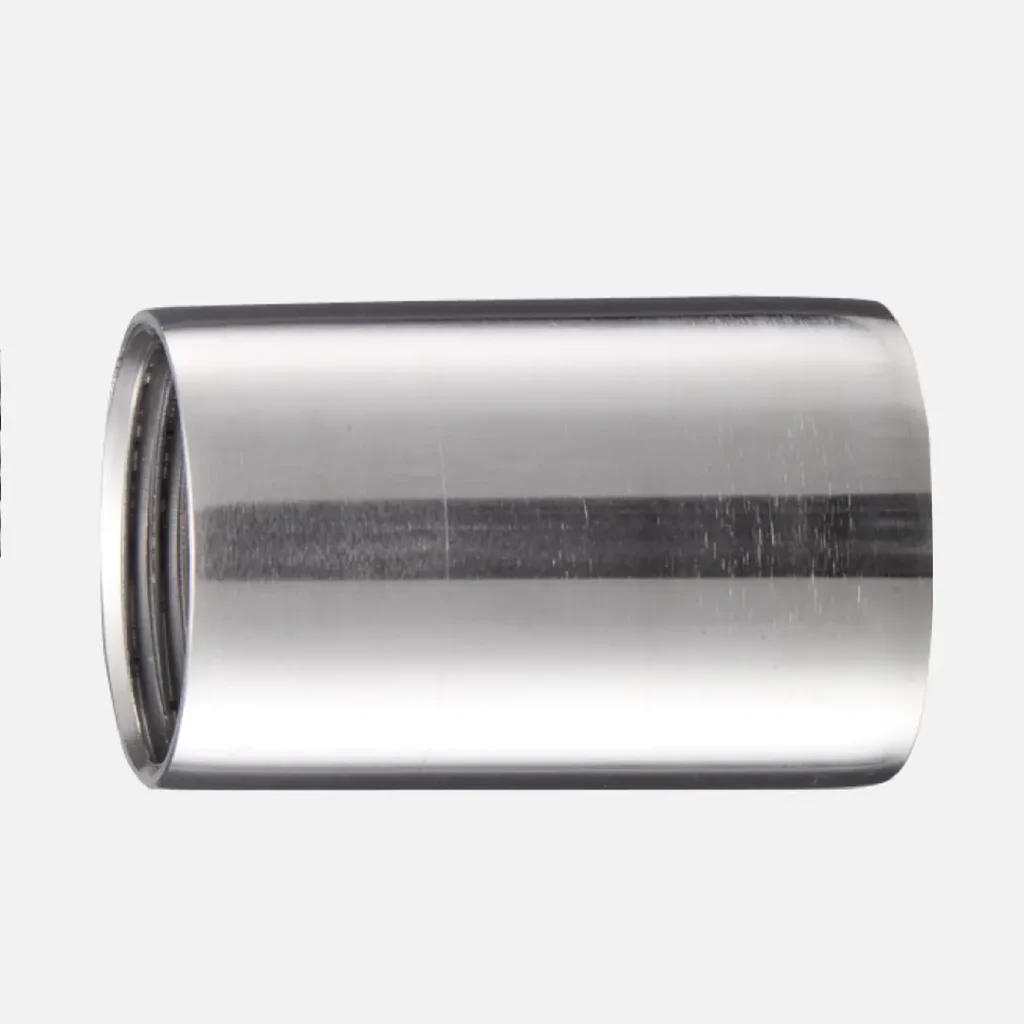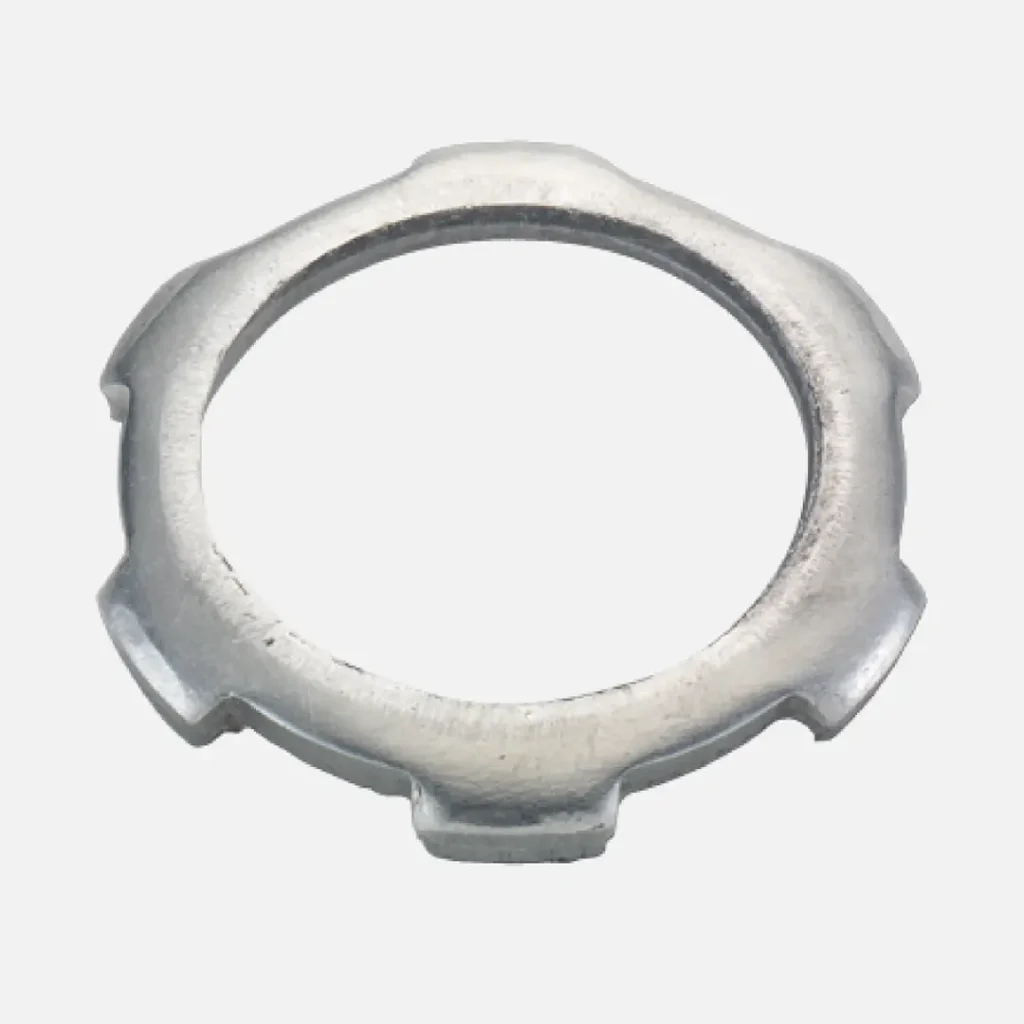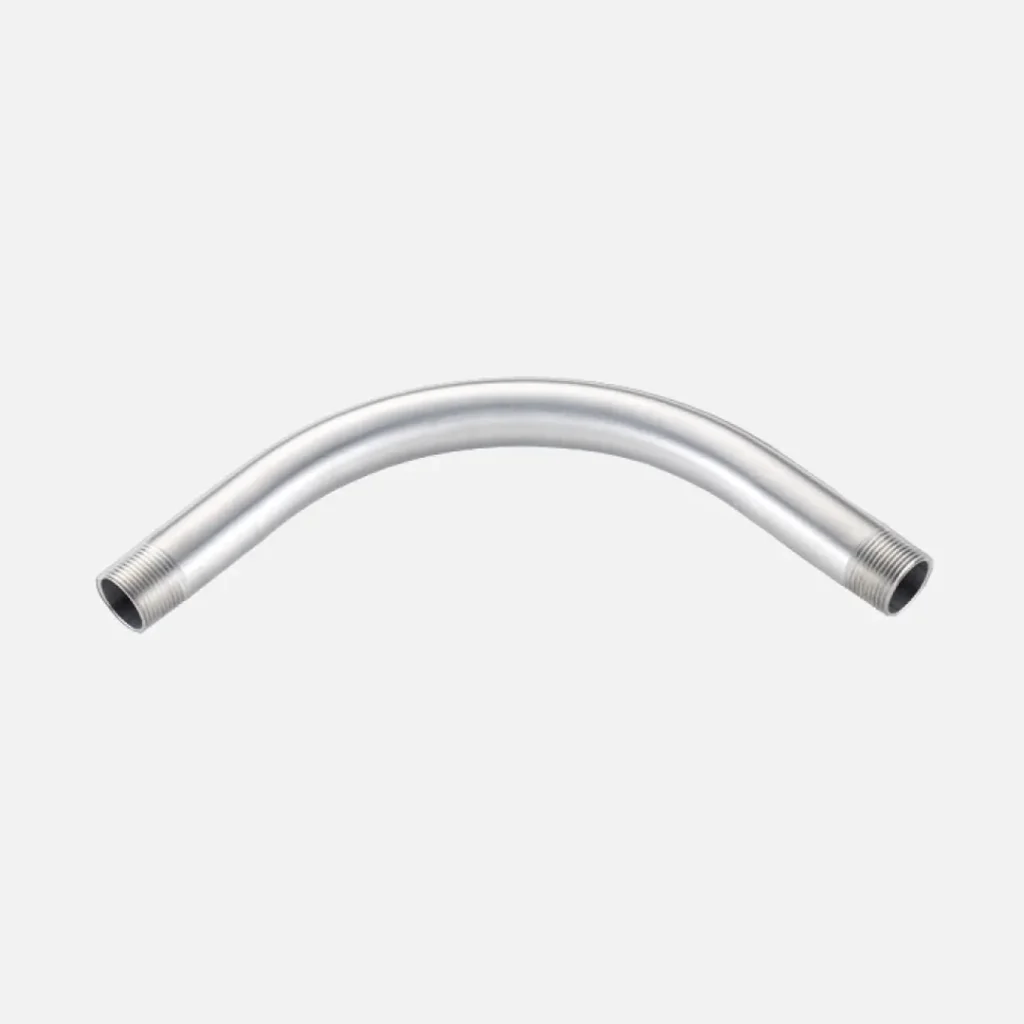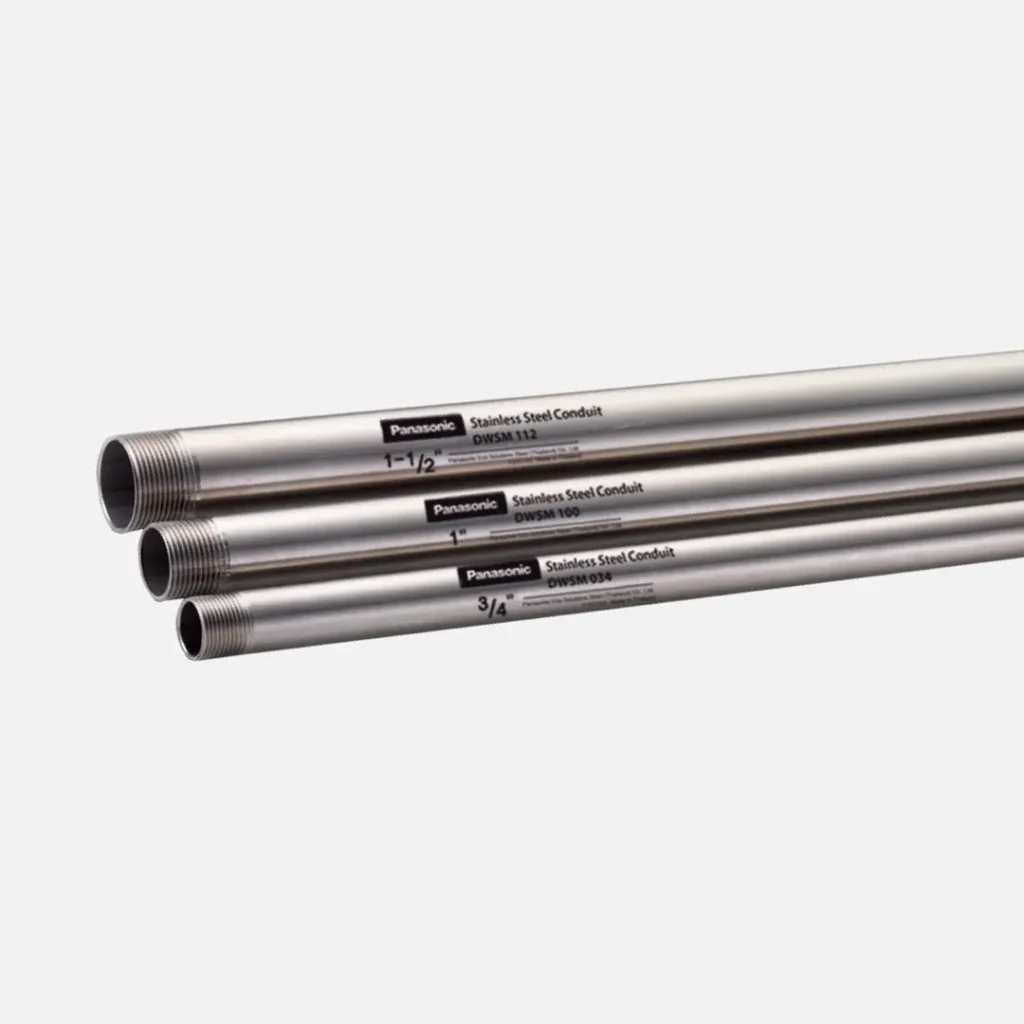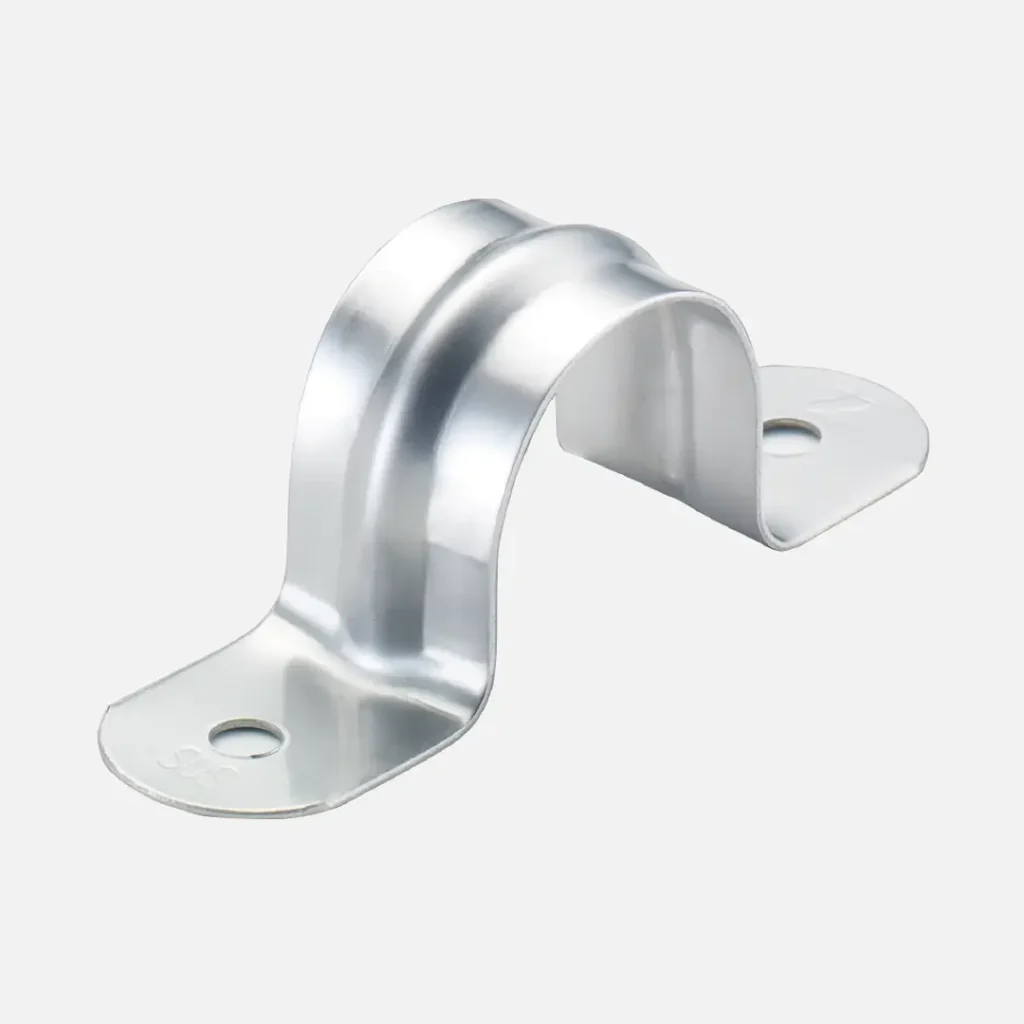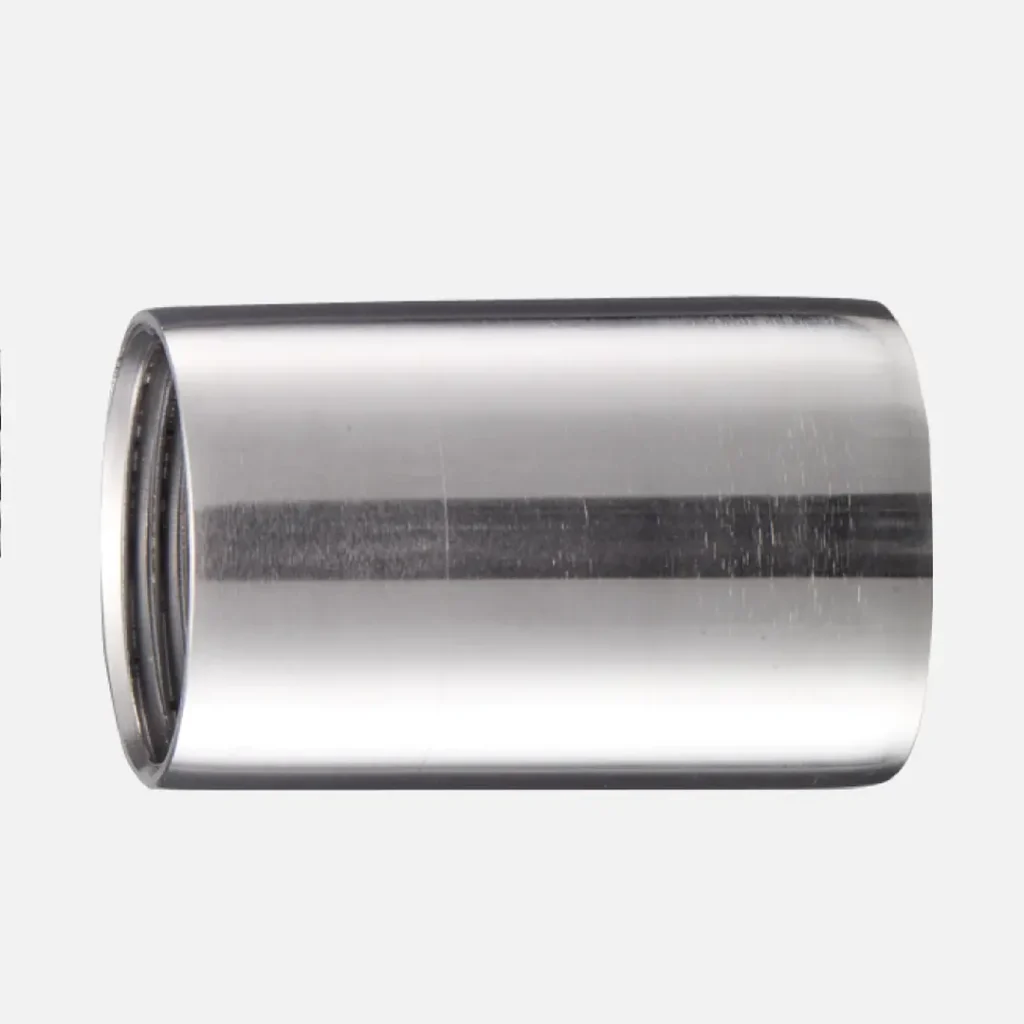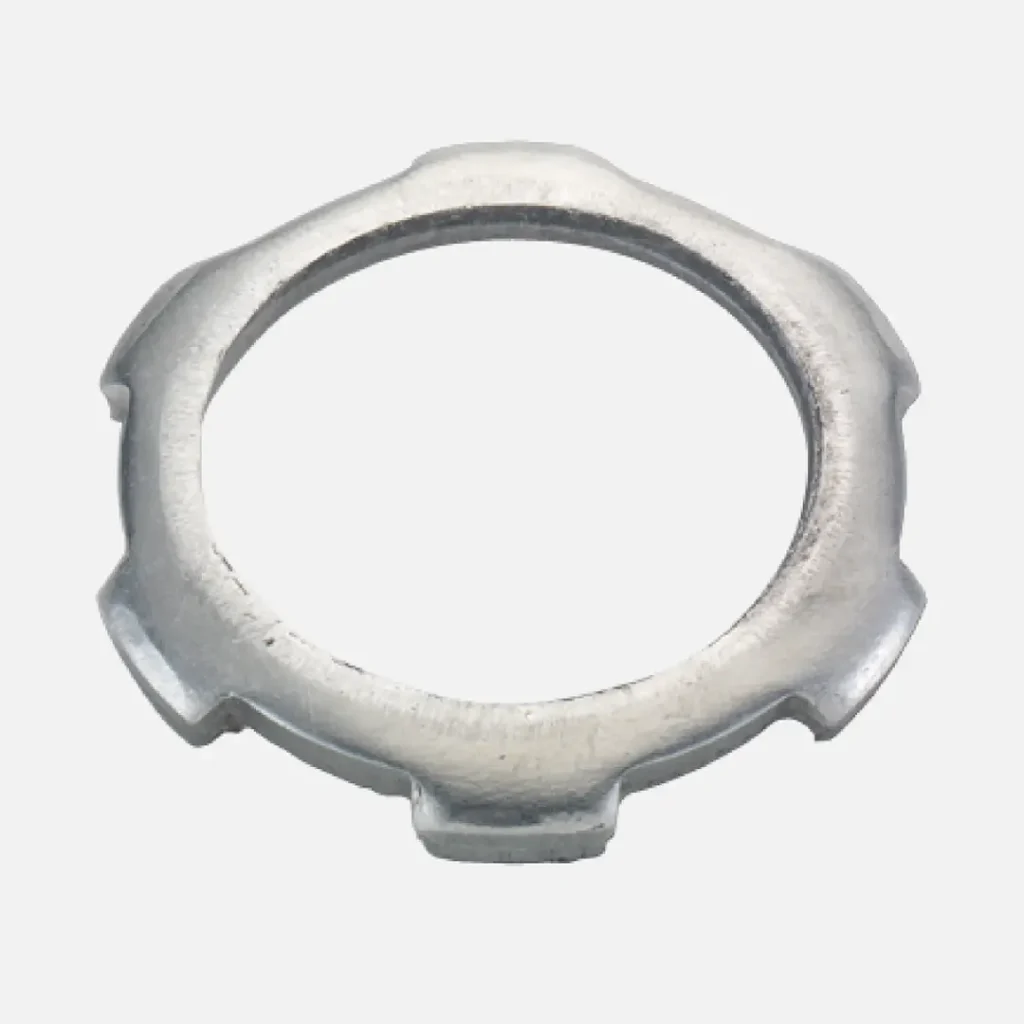- What is the function of G.I Conduit Pipe ?
GI conduits are generally used for cable and wire systems because of their strong ability to tolerate many twists and bends. Overall, GI conduits improve the ability of cables and wire systems to withstand large amounts of weight and longitudinal stress with little distortion or breakage.
- What’s the difference between cable conduit and cable trunking?
In practice, these two methods of electrical power cable protection and concealment are very similar. However, they each have their own advantages and disadvantages in particular applications.
Conduit is typically the cheaper and more basic approach to wiring protection. It’s widely used wherever smaller cable bundles or individual wires are being run between two terminals, from point A to point B. If they simply need to be protected, tidied up, and/or hidden from view, conduit is often the easiest option.
- What is GI pipe used for electrical conduit?
GI Conduit is a pipe used to protect and route electrical wiring in a building or construction. It provides very good protection to enclosed conductors from impact, moisture, and chemical vapors.
- What are the type of G.I Conduits for Electrical Installations?
Major types are
- ANSI ( American National Standard Institute)/ UL (Under Writers Laboratories)
- BS (British Standard) pipes
- JIS (Japanese Industrial Standard)
- Which are ANSI / UL standard pipes ?
Rigid metal conduit / Rigid Steel Conduit ( RSC) - UL 6 ANSI C80.1
Intermediate metal conduit (IMC) - UL 1242 ANSI C80.6
Electrical metallic tubing (EMT) - UL 797 ANSI C80.3
Flexible metal conduit - UL 1
Liquid-tight flexible metal conduit
- What sizes do ANSI / UL pipes come in?
EMT / IMC – ½ inch to 4’’ RSC – ½ inch to 6 inch
- What are types & sizes of BS pipes ?
BS 4568 Class 4 & Class 3 ( 20mm, 25mm & 32mm)
BS31 Pipes ¾ inch to 2 inch
SUS304
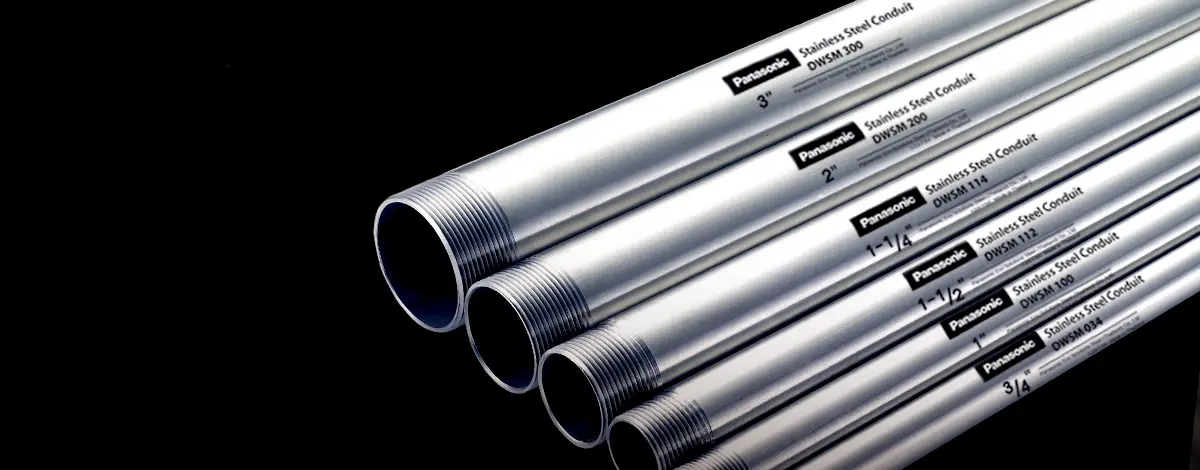
Elevate your infrastructure with Panasonic Stainless Steel Conduit Pipe series, featuring the corrosion-resistant SUS304. Ideal for challenging environments like food processing lines, chemical plants, and water treatment facilities, our conduit pipes ensure longevity and minimal maintenance. Designed to combat rust in corrosive areas including seashore plants, our Stainless Steel Conduit Pipes maintain peak performance wherever installed. Benefit from a durable solution that thrives in high-altitude installations, providing a steadfast and reliable conduit for your critical operations. Trust Panasonic for stainless steel conduit pipes that set the standard for resilience and longevity.

Features
1. High Resistance to Corrosion Stainless steel (SUS304) construction ensures extreme protection against rust in corrosive areas, such as food processing lines, chemical plants, water treatment plants, seashore plants, etc. 2. Conforming to IMC Conduit Internal diameter and length conform to IMC requirements. Can be combined with steel conduit for a more flexible, reliable wiring installation in a variety of applications. Stainless conduit fittings help form a complete, professional wiring system. 3. Long Lifetime Conduit systems must remain in a good condition wherever they are installed. Stainless steel conduit delivers a long lifetime and requires little maintenance especially in high altitude installations. 4. Brilliant Appearance Stainless steel conduit polished to a bright finish for a superior appearance. This ensures an attractive appearance of special importance to food processing lines.
Series General Specs
| Standard | UL/ANSI/BS |
|---|---|
| Available size | ½ - 4'' |
FAQs
Conduit Pipes
Recently viewed products
Easily access the products you've been looking at on our website. Quickly find the items you were interested in and continue your journey with us.

